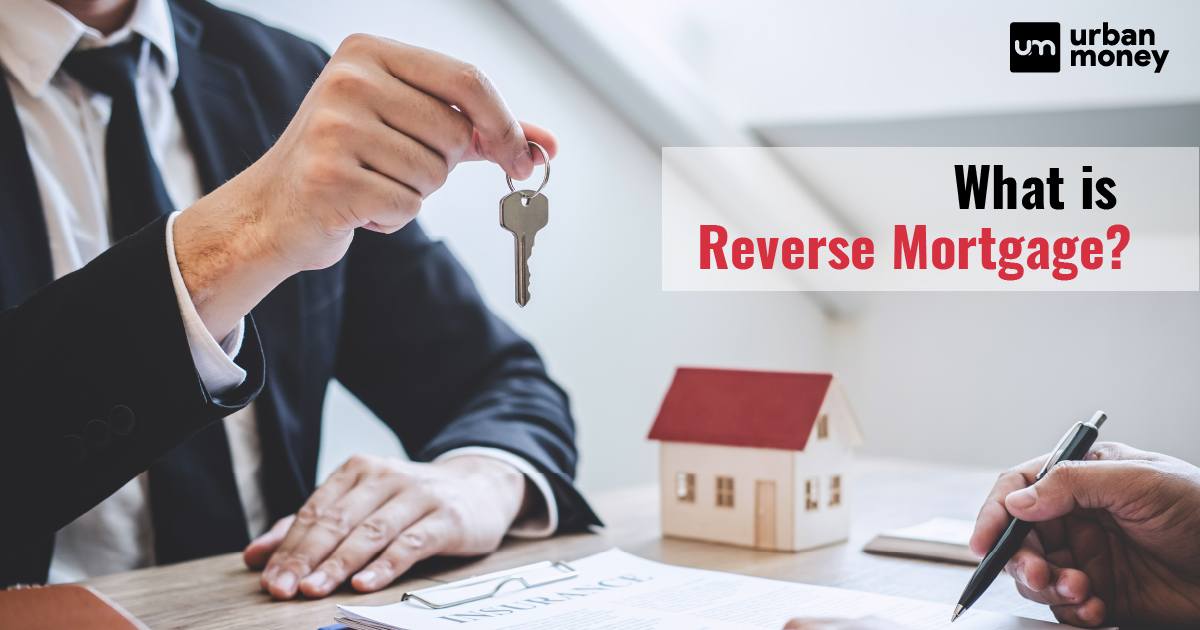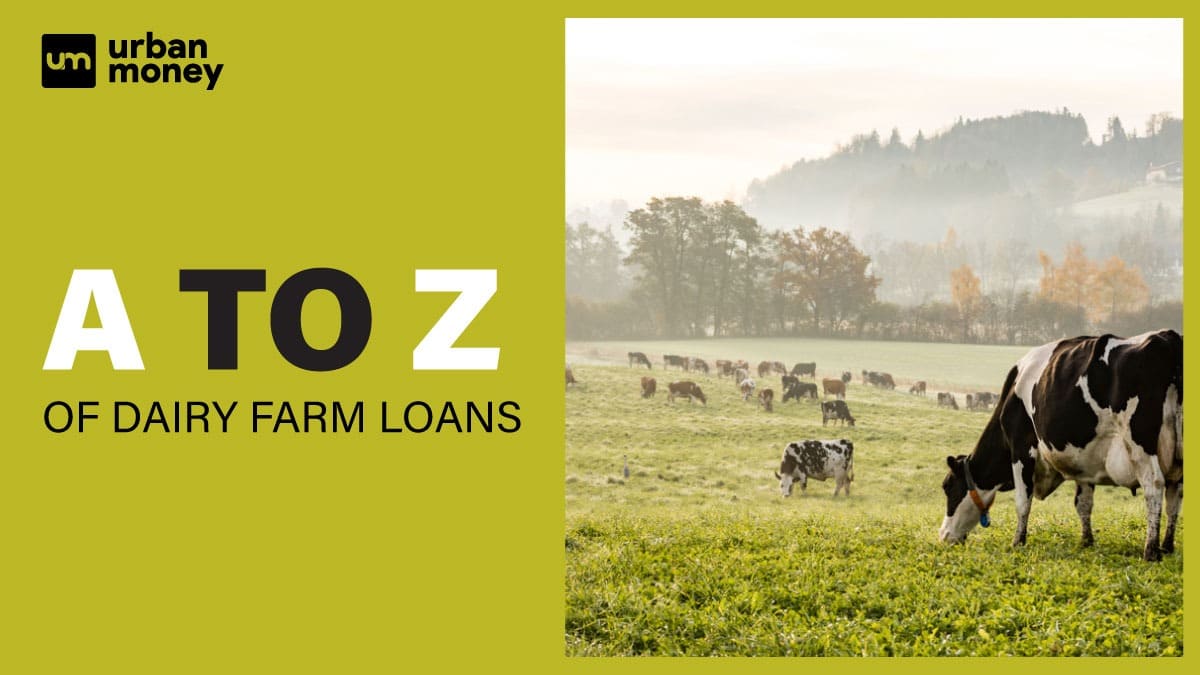Top 10 Best Private Banks in India List 2025
January 09, 2025
July 11, 2023


Reverse Mortgage is a financial product that allows senior citizens who own a residential property in India to convert their home equity into cash income without selling their home or making monthly loan payments. It is a way of unlocking the value of their property and using it to supplement their retirement income. Reverse Mortgage was introduced in India in 2007 by the National Housing Bank (NHB) to provide financial security and independence to senior citizens with limited income and savings sources. This article will discuss the features, benefits, eligibility, types, and risks of Reverse Mortgage in India and how it works in practice.
To explain how a Reverse Mortgage works in India, let’s take an example. Suppose Mr Sharma is a 65-year-old retired person who owns a home worth Rs. 1 crore in Delhi. He wants to get some extra income to meet his expenses and enjoy his retirement. He decides to apply for a Reverse Mortgage loan from a bank.
At the end of 15 years, Mr Sharma will owe the bank Rs. 80 lakhs plus interest, which will be more than Rs. 1 crore. He can repay the loan by selling his home or using his savings or other sources of income. If he cannot repay the loan, the bank will sell his home and recover the loan amount plus interest. If there is any surplus after selling the home, it will be given to Mr Sharma or his heirs. If there is any shortfall, the bank will bear the loss and not ask Mr Sharma or his heirs to pay anything extra.
This way, Mr Sharma can use his home equity to get regular income without losing his ownership or possession of his home until he dies, sells or moves out of it.
Different Reverse Mortgages are available in India, depending on the lender and the borrower’s preference. Some of the common types are:
The borrower receives a one-time payment from the lender based on the property’s value and the borrower’s age. This type of Reverse Mortgage may have a fixed or variable interest rate.
The borrower receives regular payments from the lender for a fixed period or life. The payments are based on an annuity purchased by the lender from a life insurance company. This type of Reverse Mortgage may have a fixed or variable interest rate.
The borrower receives regular payments from the lender for a fixed period or until the loan becomes due. The payments are based on the property’s value and the borrower’s age. This type of Reverse Mortgage may have a fixed or variable interest rate.
The borrower can choose any type of Reverse Mortgage that suits his or her needs and goals. The borrower can also switch from one type to another with the consent of the lender and subject to certain conditions.
To be eligible for a Reverse Mortgage loan in India, the borrower needs to meet the following criteria:
The eligibility criteria may vary slightly depending on the lender’s policy and discretion. The borrower should check with the lender before applying for a Reverse Mortgage loan in India.
To avail of a Reverse Mortgage in India, the borrower needs to submit the following documents to the lender:
The lender may also ask for other documents per their policy and discretion. The borrower should ensure that all the documents are valid and updated before applying for a Reverse Mortgage in India.
Reverse Mortgages in India can offer some tax benefits for the borrowers, depending on their situation and the type of loan they choose. Here are some tax benefits on Reverse Mortgages in India.
However, Reverse Mortgages in India also have some tax implications that borrowers should be aware of, such as:
Here are some points to remember in Reverse Mortgage in India:









Top 10 Best Private Banks in India List 2025
January 09, 2025

Top10 List of Petrol Pump Companies in India
January 09, 2025

Dairy Farm Loan in 2025 : Online Procedure
January 09, 2025

Top 10 Best Bank for Home Loan In India…
January 09, 2025

Top10 Best Student Credit Cards in India 2025
January 09, 2025
© 2026 www.urbanmoney.com. All rights reserved.

Need Loan Assistance?